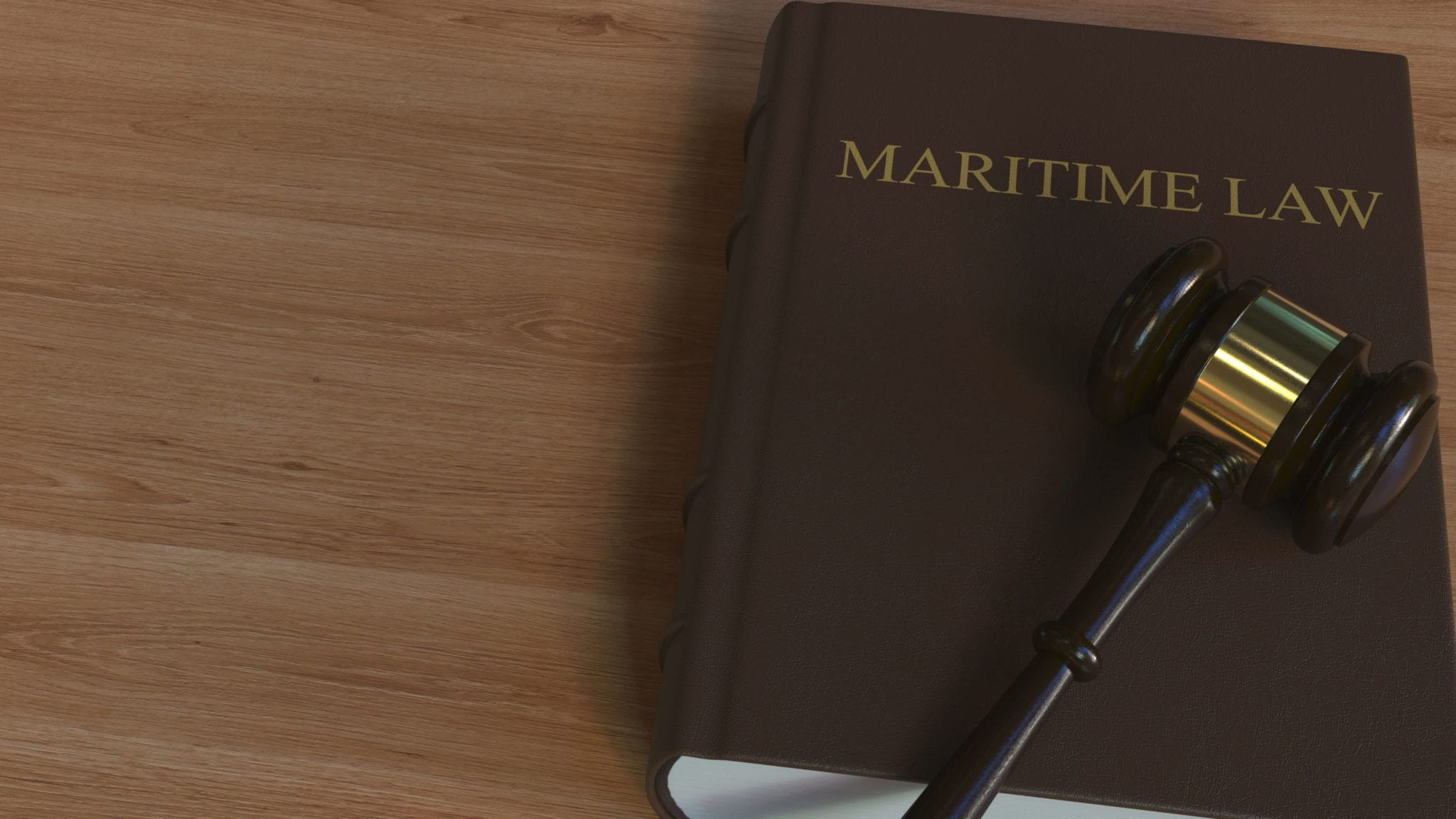Harassment can happen to anyone and in any place. To find examples, you don’t need to look any further than social media.
Celebrity Cruise captain Kate McCue runs a very successful social media campaign and recently fired back when a Tik Tok commenter suggested that a woman couldn’t effectively captain a cruise ship.
This is just one small example of harassment based on gender in the workplace, but it doesn’t simply occur online. It can occur in real life in the cruise ship workplace too.
One of the biggest hurdles people face in the workforce is understanding if they are being harassed and what to do about it. Here’s what you need to know to help you put a stop to harassment at work, both on and off a ship.
Harassment At Sea
Your safety at sea is directly related to the prevention of accidents as well as maintaining the well-being of the crew onboard the ship. Unfortunately, unwelcome harassment occurs and presents a danger to everyone on board since it can impact crew morale and attention to detail that keeps everyone safe.
Many women who are harassed at work, including on a cruise ship, may not be sure how to deal with harassment or report it when it’s perpetrated by both male and female coworkers. The first thing to do is to identify that you are, in fact, being harassed.
Some of the signs of harassment in the workplace include:
- Feeling as if you’re being bullied at work
- Feeling uncomfortable while working
- Feeling unsafe while working
- Experiencing unwanted contact from another
- Feeling as if you are a victim of revenge
- Saying no but not being listened to
- Being one of many victims of the same harasser
- Feeling as if you are subjected to images or jokes that are sexual in nature
- Being asked for a sexual favor
Examples of these signs include, but aren’t limited to:

Threats and Demands
If someone attempts to request a sexual act of you as a condition to avoid discipline or to continue employment, then that’s harassment.
Verbal Harassment
If someone constantly subjects you to derogatory comments or jokes, unwanted sexual advances, comment, or invitation, or epithets, then that is harassment.
Physical Harassment
If someone in the workplace physically blocks your normal movement, interferes with your work due to your refusal to accept their sexual advances, or touches you in a way you don’t want, then that is harassment.
Visual Harassment
If someone in the workplace shows you sexually-oriented or derogatory pictures, cartoons, gestures, drawings, or posters, then that can be considered harassment.
How to Respond to Harassment
Once you identify that you are being harassed in the workplace, then you need to take steps to protect yourself. First and foremost, report the behavior to your supervisor. If you feel they are not taking you seriously, then find an experienced attorney who can help.
If you have any documentation from the complaint, make sure to keep those records too. Any proof you have of the harassment should also be kept and the names and contact information of witnesses too. Keep notes of the incidents that include the date and time of the incident as well as the names of those involved. Make it clear in your notes what was done or said and how it made you feel.
You can choose to speak to the person who is harassing you, but it’s not a confrontation many who feel they’re being harassed want to undertake. However, speaking out in the face of harassment or bullying can make an immediate difference.
If you feel you are safe to do so, then say something when you feel you’re being harassed. This can work in your favor later if you decide to make a complaint.
After all, if you don’t make it clear that what is going on is unacceptable to you, then the harasser may simply state in their defense later that they didn’t know they were offending you or making your uncomfortable.
If you confront your harasser, make sure to be clear that what they’re doing is unacceptable and demand they stop. Sometimes, that may be all that is needed.
What the Law Says

Harassment in the workplace is nothing new which is why it is addressed in Title VII of the Civil Rights Act of 1964.
The issue in maritime law is that the laws that govern cruise ships are varied and quite complex, which is why a lawyer familiar with maritime law is your best bet to get justice for harassment you’ve suffered in the workplace.
Don’t just accept harassment in the workplace. Do something about it.
About the Author:
Andrew Winston is a partner at the personal injury law firm of Winston Law. For over 20 years, he has successfully represented countless people in all kinds of personal injury cases, with a particular focus on child injury, legal malpractice, and premises liability. He has been recognized for excellence in the representation of injured clients by admission to the Million Dollar Advocates Forum and named one of America’s Top 100 High-Stakes Litigators. Mr. Winston is AV Preeminent Rated by the Martindale-Hubbell Law Directory, enjoys a 10.0 rating by AVVO as a Top Personal Injury Attorney, has been selected as a Florida “SuperLawyer” from 2011-2020 – an honor reserved for the top 5% of lawyers in the state – was voted to Florida Trend’s ”Legal Elite,” recognized by Expertise as one of the 20 Best Fort Lauderdale personal injury attorneys, named one of the Top 100 Lawyers in the Miami area for 2015-2017, and one of the Top 100 Lawyers in Florida for 2015-2017 and 2019.






